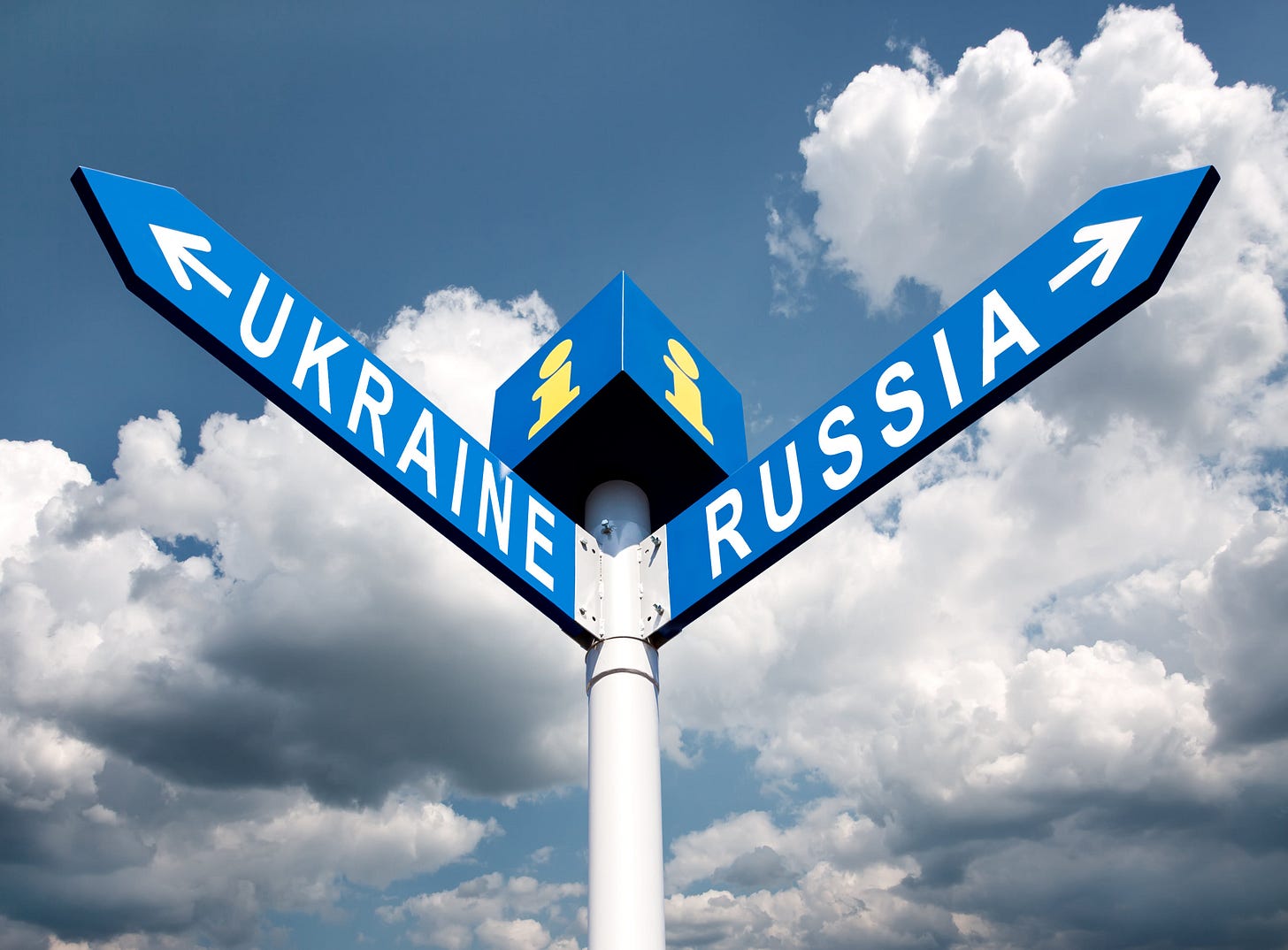In Russia and Ukraine: Entangled Histories, Diverging States published today, Maria Popova and Oxana Shevel trace the two countries’ divergence since Christmas 1991 and the “escalatory cycle” that led to the 24 February 2022 invasion and today’s attritional war.
They write: “The root of the difficult Russia–Ukraine relationship is the misaligned understanding of Soviet dissolution – as the end of common statehood or as its reinvention".
"After we trace the divergence over the last 30 years between the two states, we arrive at the conclusion that the full-scale invasion really produced ... a final rupture between Russia and Ukraine,” Maria Popova says in my latest New Books Network podcast. “There is really no going back to any possibility for Ukraine to be tied back to Russia so the only way that the war really can end is with Ukraine hopefully in its full territory but with Ukraine fully integrated into the West as a member of the EU and a member of NATO”.
Maria Popova is a Jean Monnet Chair and Associate Professor of Political Science at McGill University in Montreal. Oxana Shevel is an Associate Professor of comparative politics at the Department of Political Science at Tufts University in Massachusetts.
Listen to the podcast on …
New Books Network
Apple
Spotify
"Unfortunately this war unfolds not only on the battlefield but in the information space [with] … narratives about how Ukraine has lost and the West is going to give up and ‘let's have some sort of quick settlement and hope against all evidence that it would produce lasting peace’,” says Oxana Shevel. "Given that the Ukrainian counteroffensive has not produced as much of a breakthrough as many hoped or expected, I think it is very easy to forget the incredible accomplishment that Ukraine achieved both on and off the battlefield given that, in February (2022), the discussion was not about whether Kyiv would fall but when. And, would it take Russia a few days or a few weeks to essentially take over Ukraine? Not only was the army able to beat back the invasion and liberate more than half the territory that Russia captured but also the state survived - not only survived but was able to function: anything from trains running to the post office delivering to the economy retooling”.
For my Writers’ Writers tip sheet, Maria Popova chose Europe Undivided: Democracy, Leverage, and Integration After Communism by Milada Anna Vachudova (OUP Oxford, 2005) and Courage and Fear by Ola Hnatiuk (Academic Studies Press, 2020) translated by Ewa Siwak. Oxana Shevel chose Nations and Nationalism by Ernest Gellner (Wiley-Blackwell, 2006) and In Isolation: Dispatches from Occupied Donbas by Stanislav Aseyev (Harvard Ukrainian Research Institute, 2022) translated by Lidia Wolanskyj.





